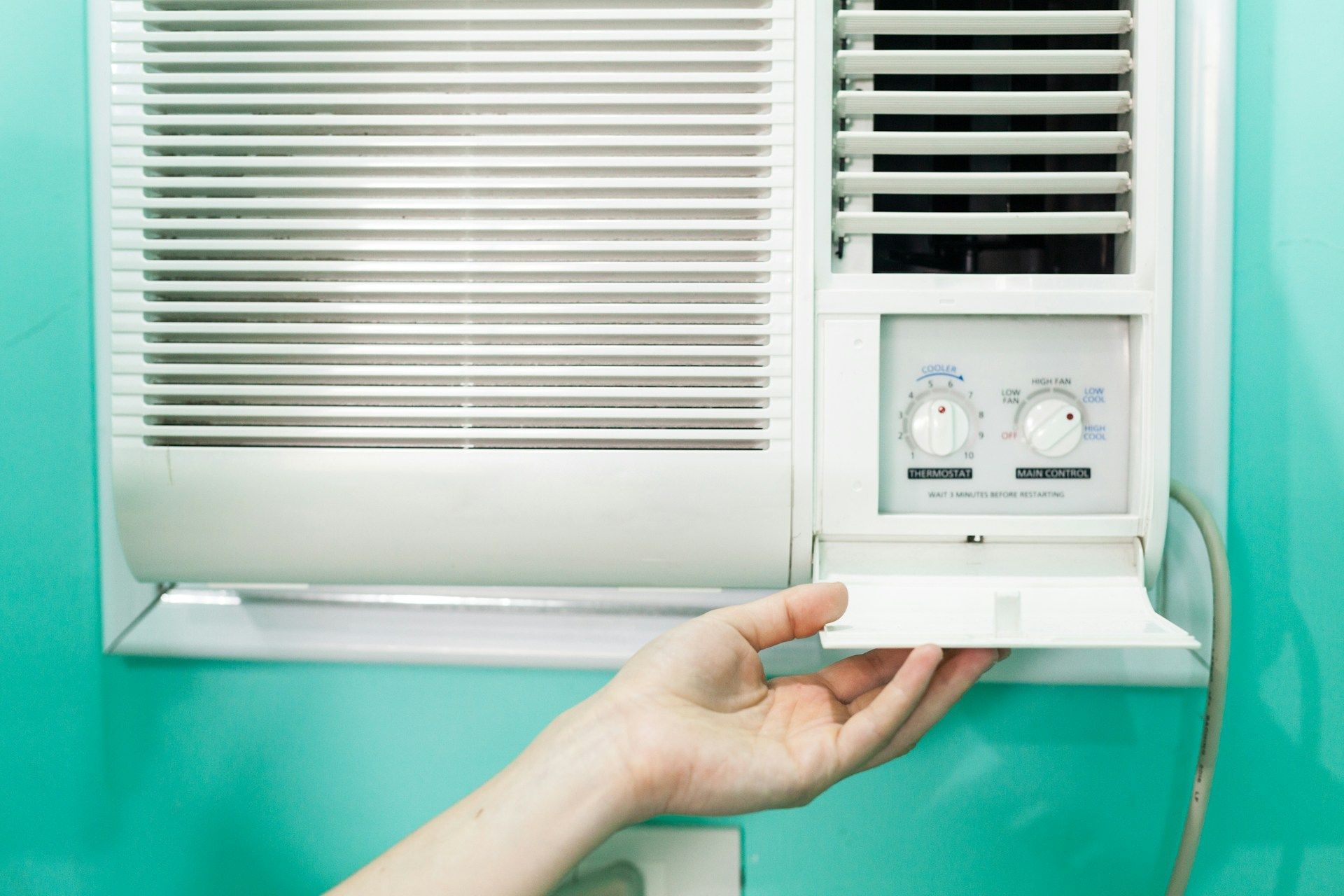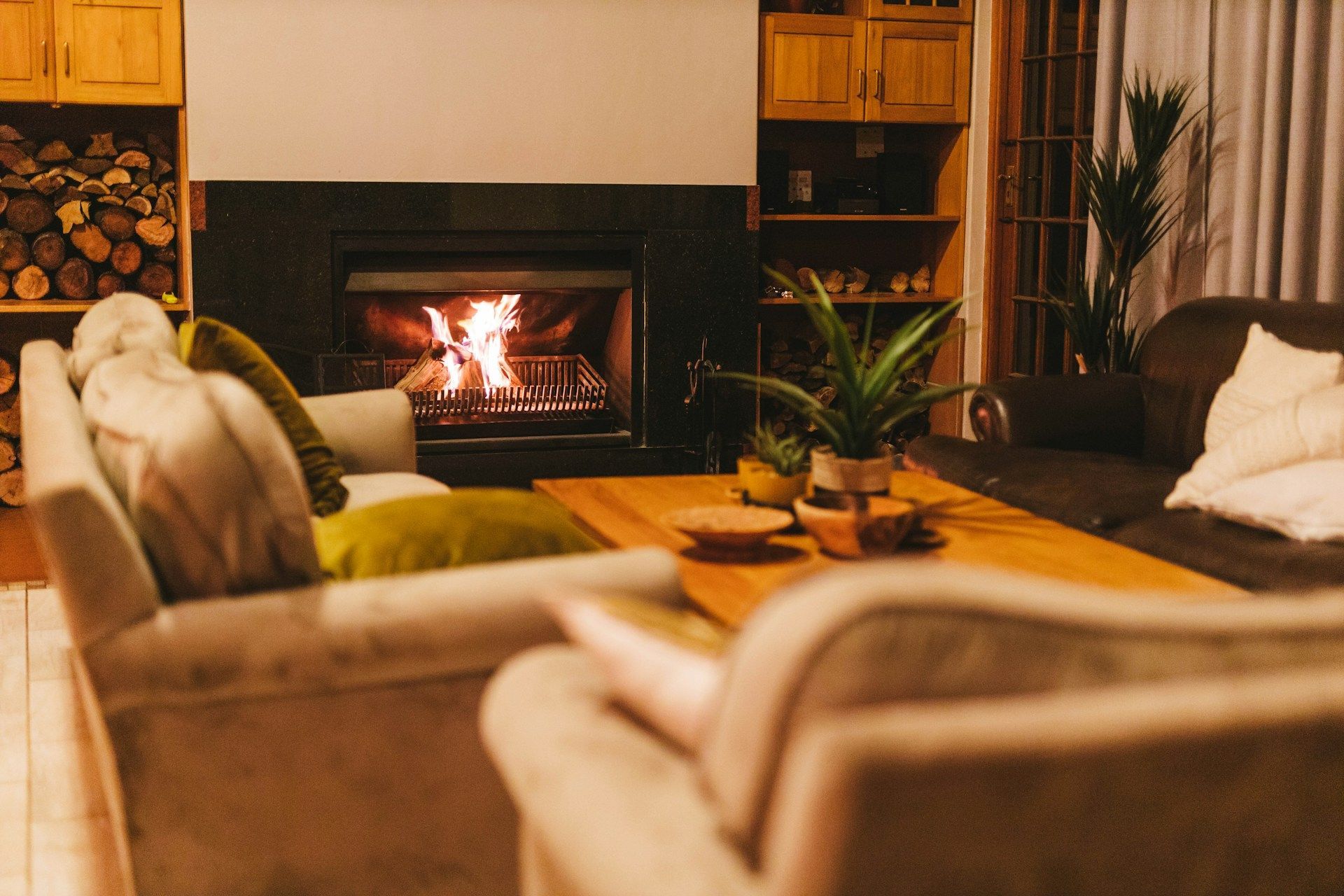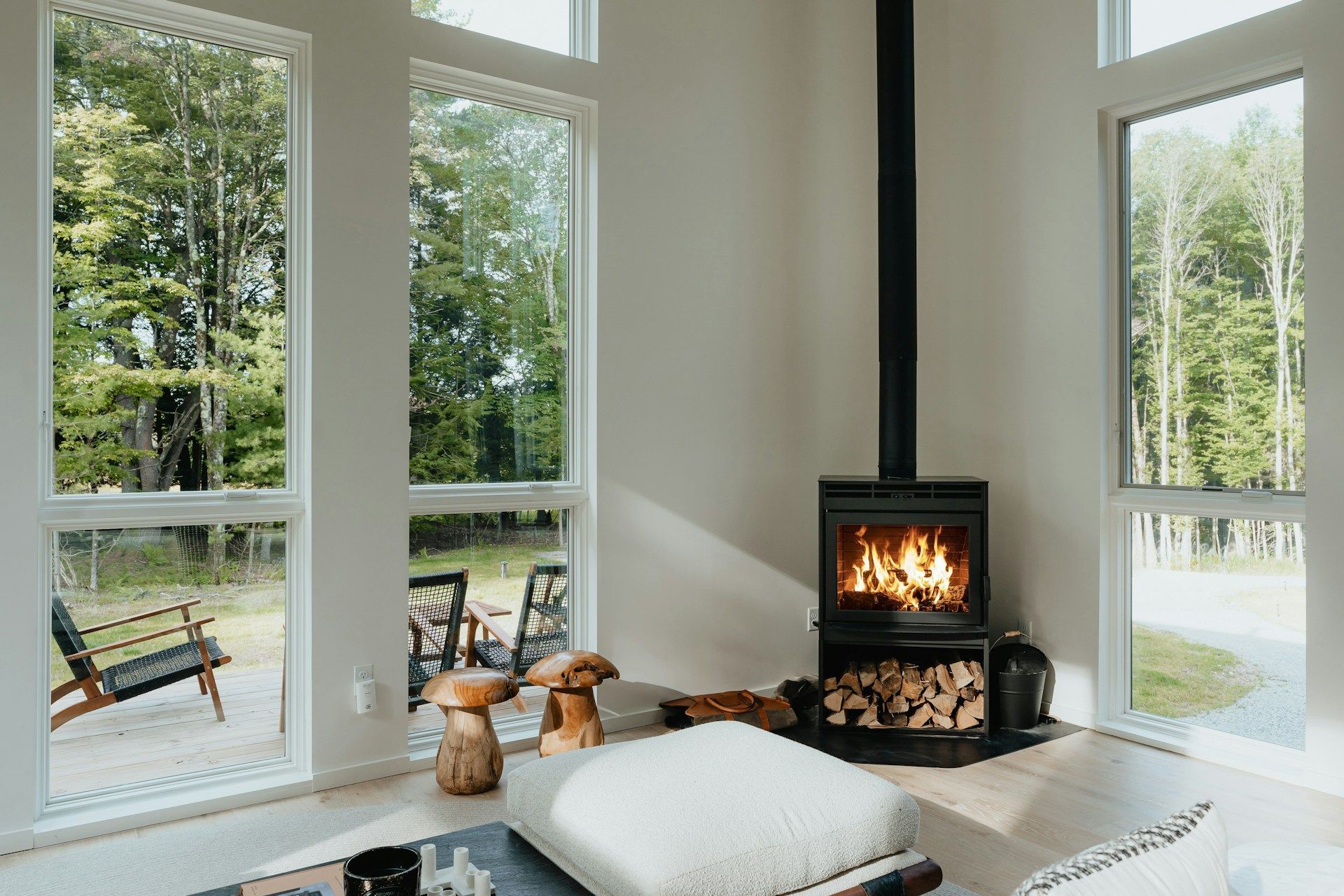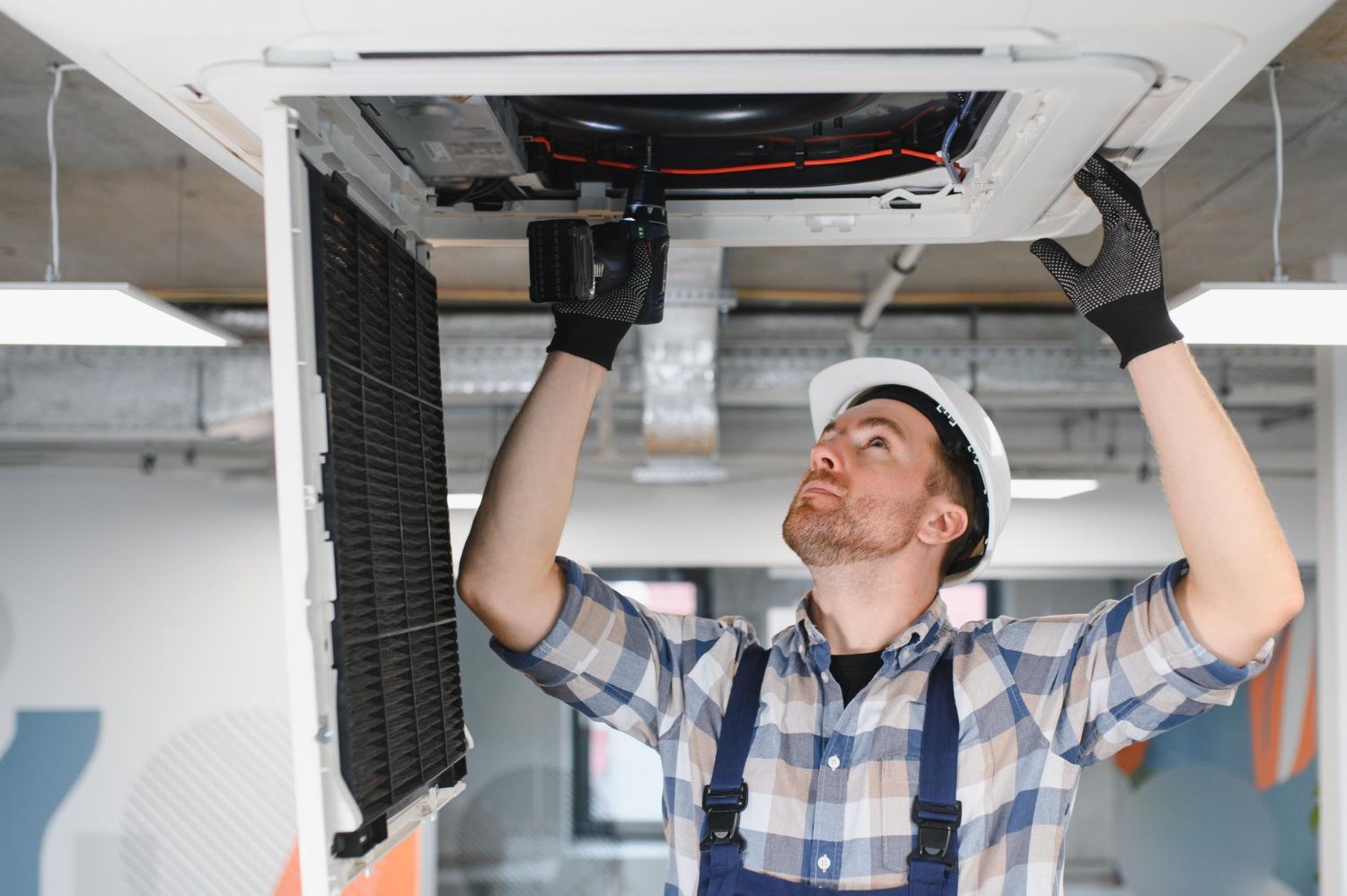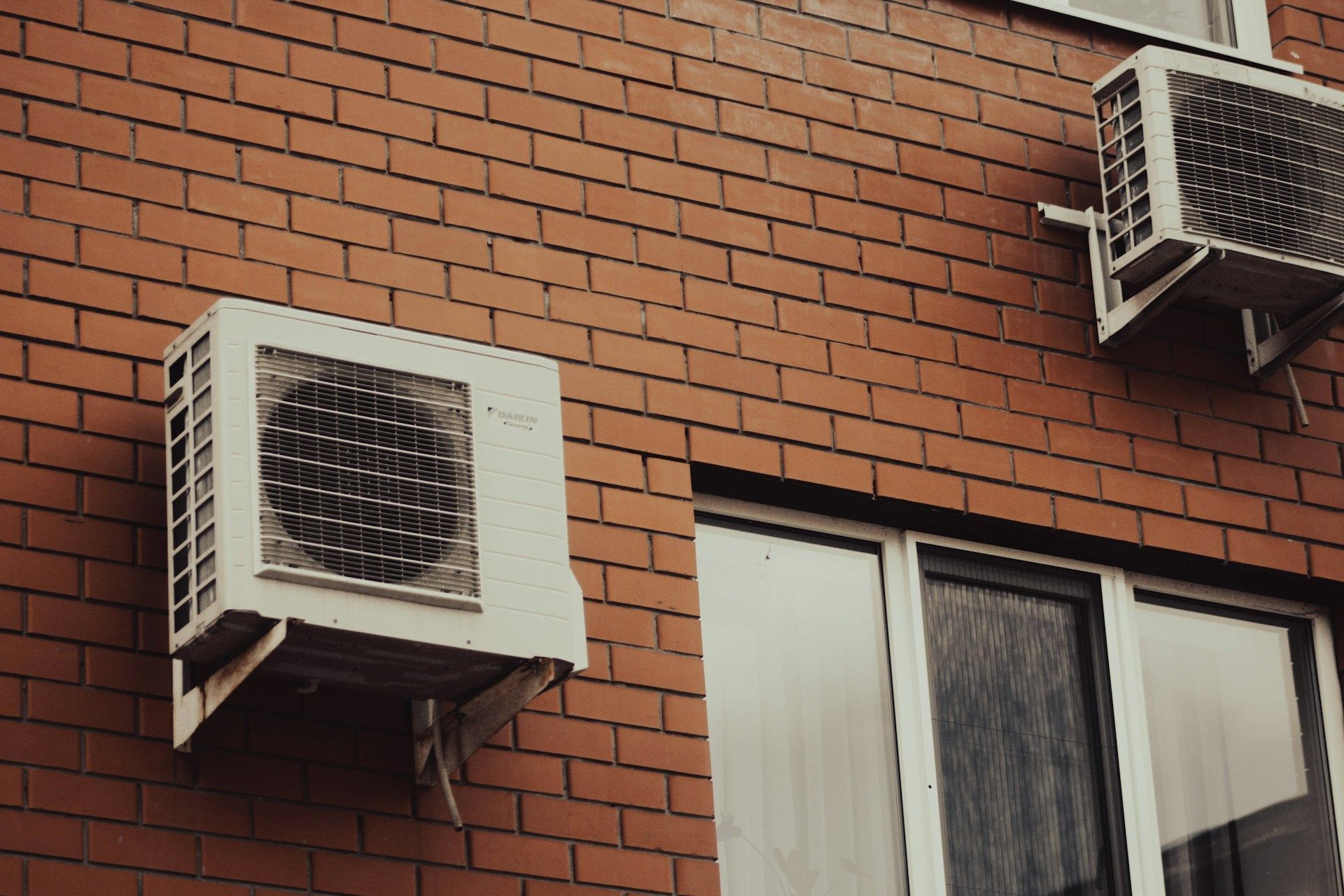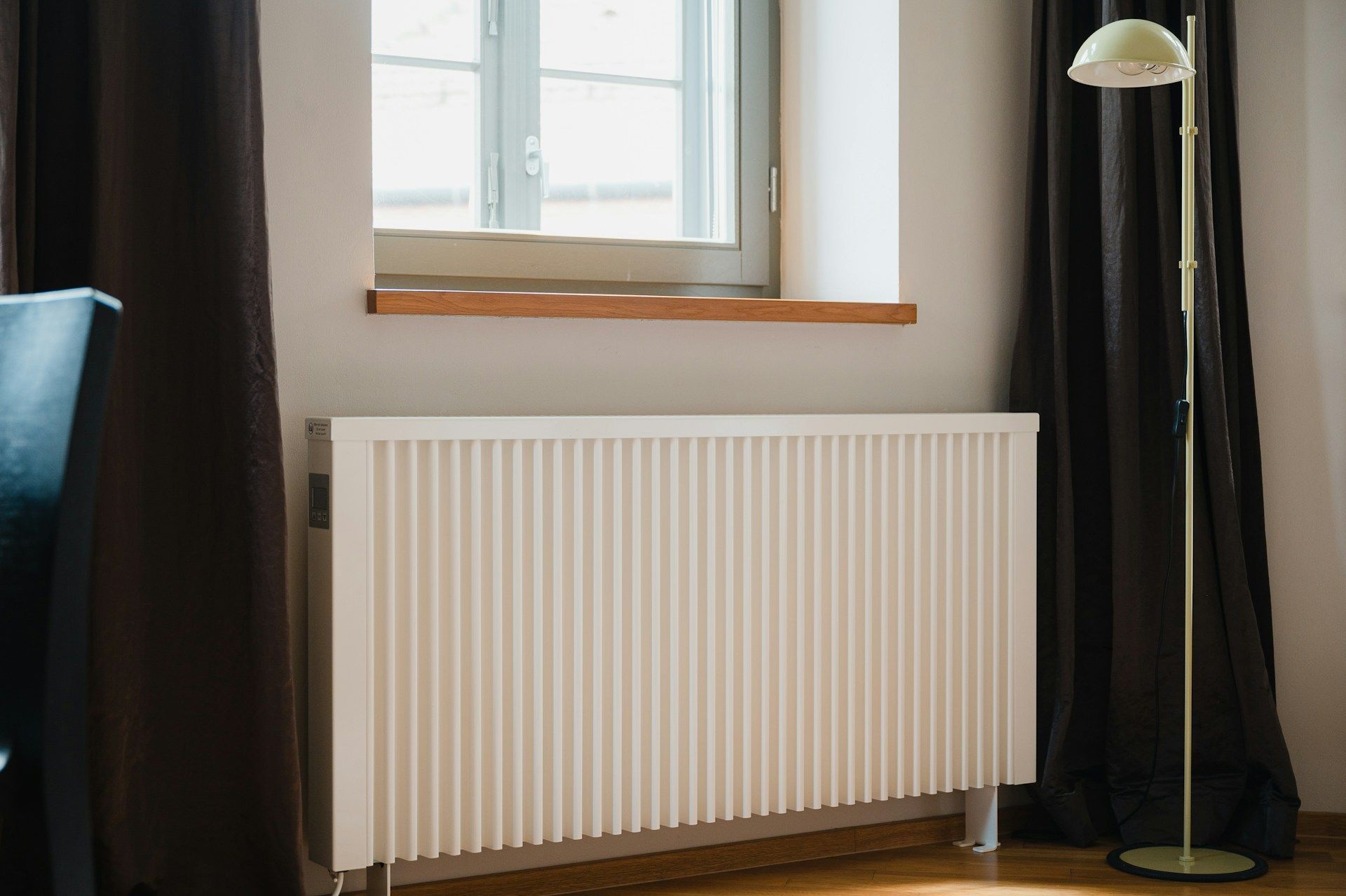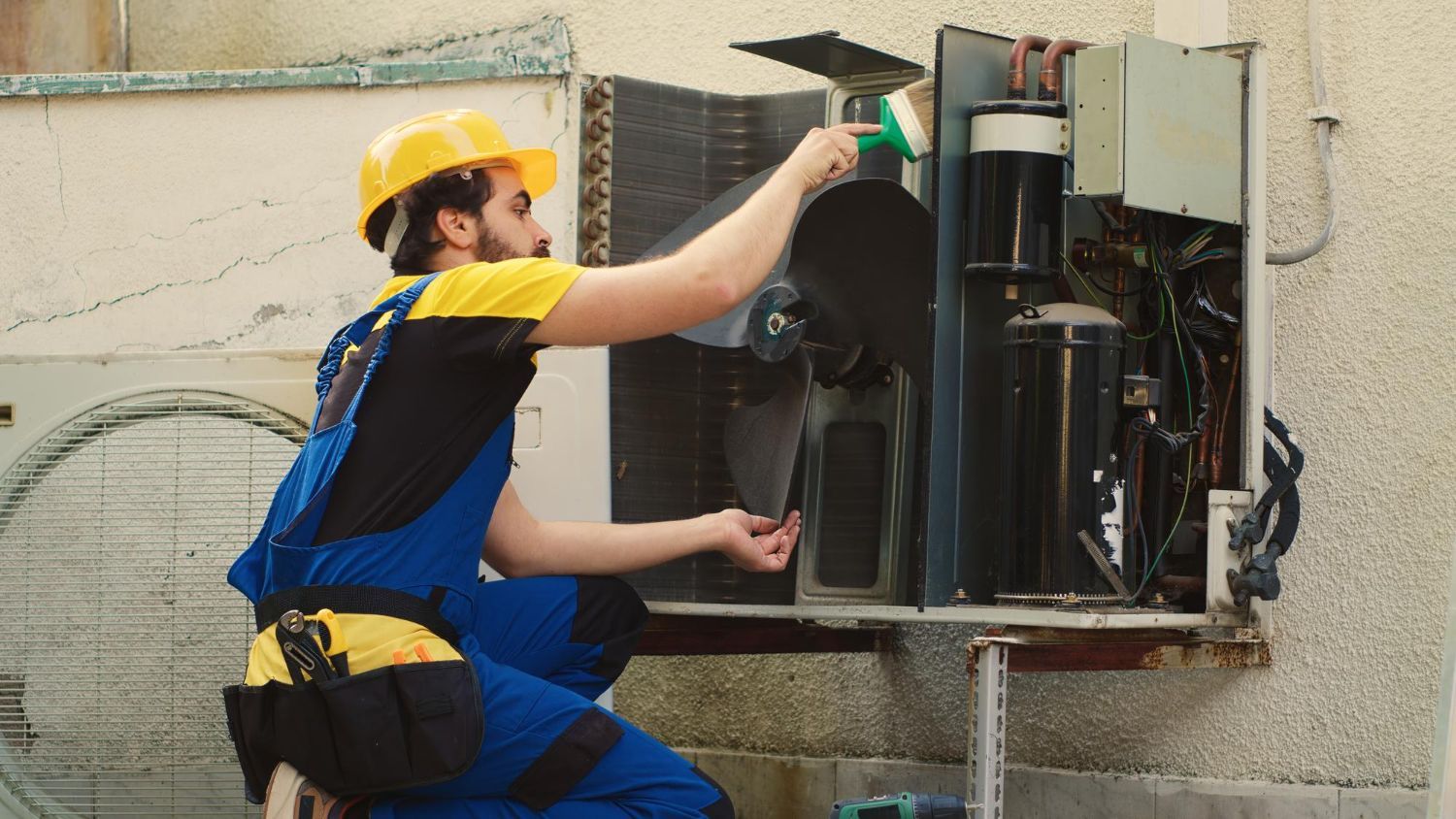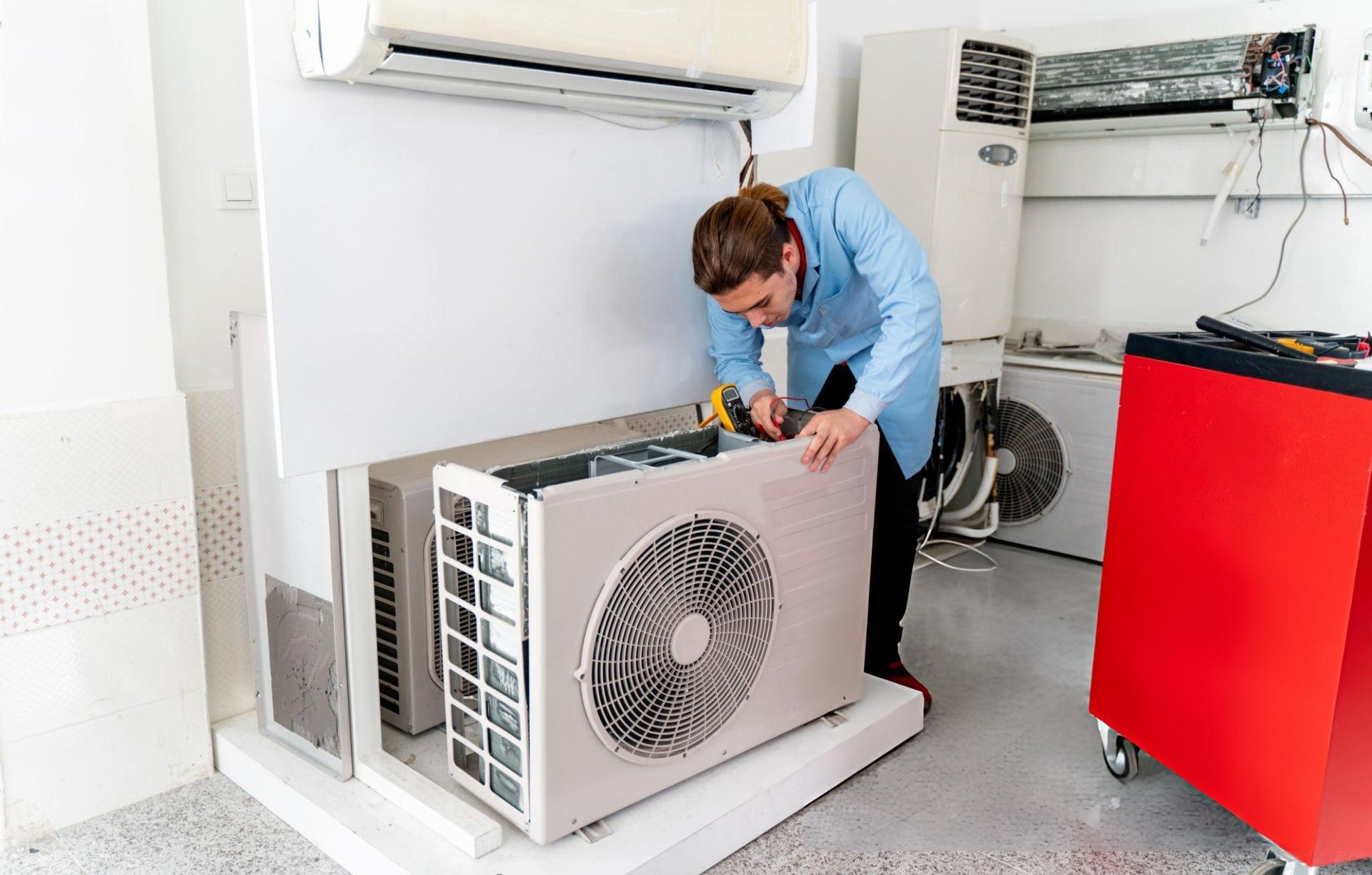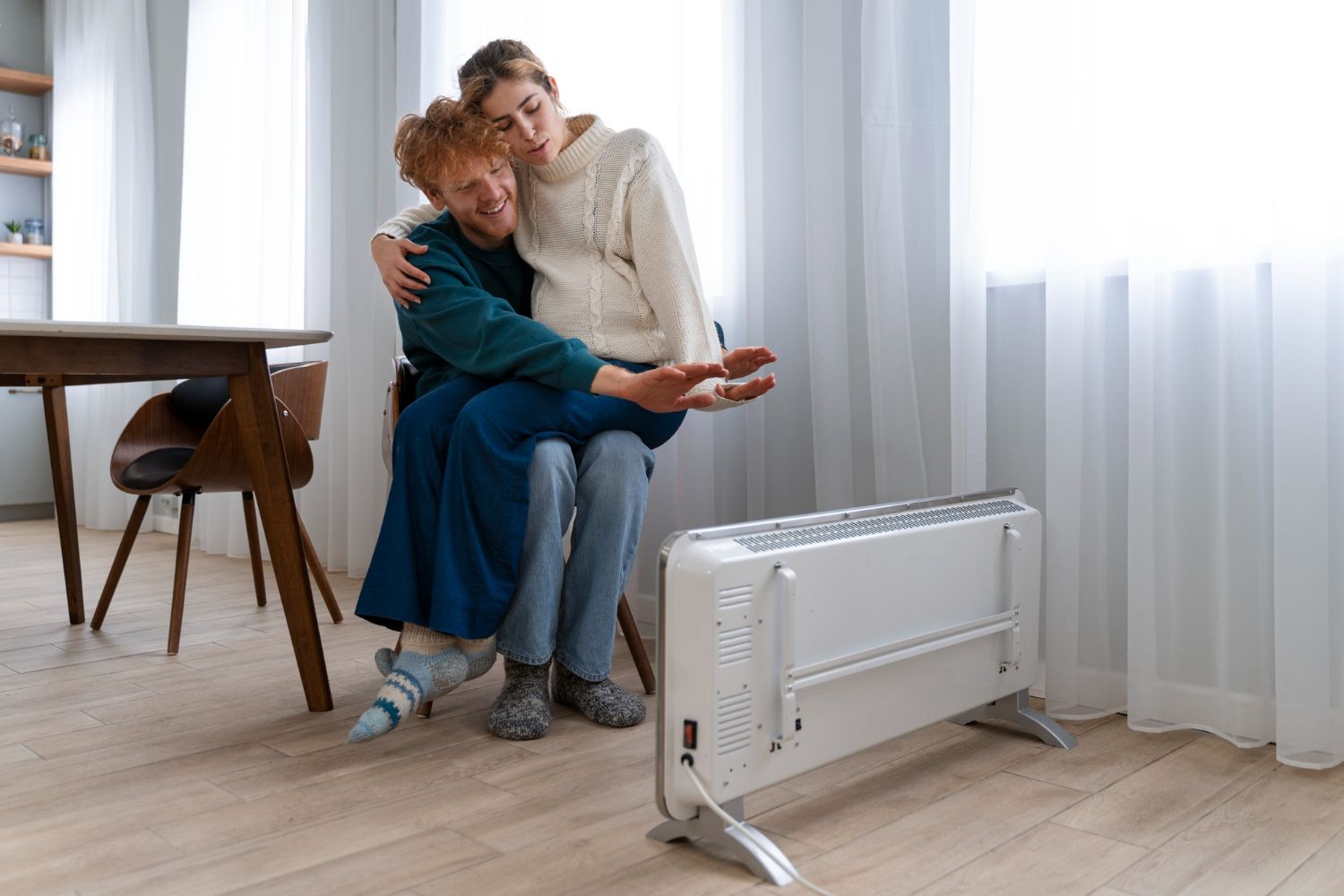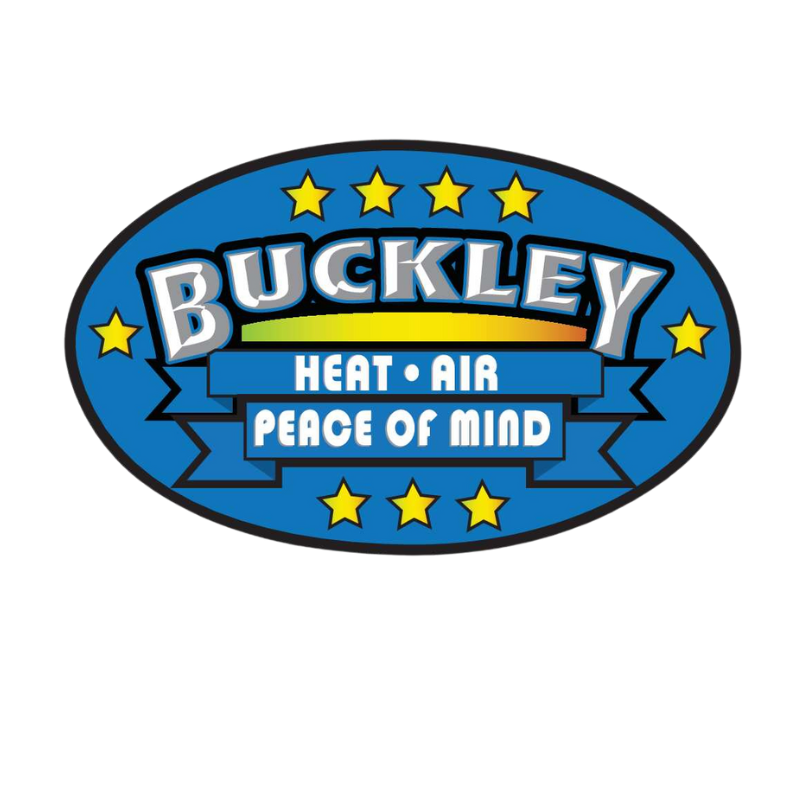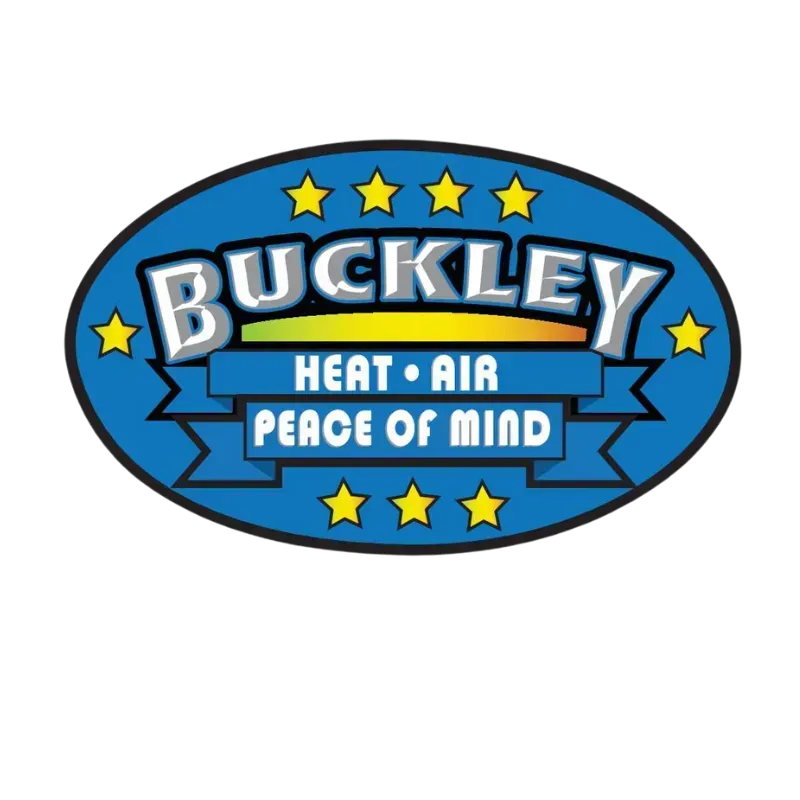How To Prolong An HVAC Lifespan
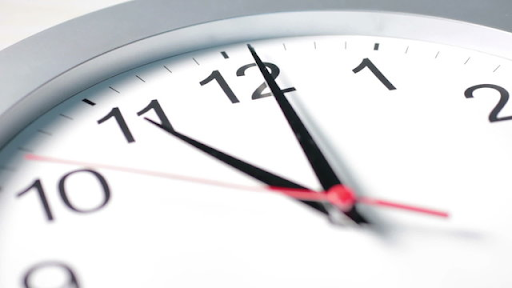
What is a typical HVAC Lifespan?
Understanding the typical lifespan of your HVAC (Heating, Ventilation, and Air Conditioning) unit is the first step for effective long-term planning and maintenance. On average, HVAC systems have a lifespan of 15 to 25 years. However, this estimate can vary based on factors such as the quality of the unit, the frequency of maintenance, and the overall demand placed on the system. Regular care and strategic practices can significantly impact the longevity of your HVAC investment, ensuring it operates efficiently throughout its lifespan. In this guide, we delve into actionable insights to help you prolong the life of your HVAC system, maximize its performance, and have a better understanding of an HVAC lifespan.
Regular Maintenance and Inspections
Regular maintenance is crucial in extending an HVAC lifespan. By adhering to a schedule of annual professional inspections and routinely addressing tasks such as cleaning or replacing air filters, you create a proactive shield against potential issues. Professional inspections allow for the early detection of any wear, tear, or emerging problems, enabling timely interventions to prevent small issues from evolving into major malfunctions. Simultaneously, the simple yet impactful act of regularly cleaning or replacing air filters ensures unhindered airflow, reducing strain on the system's components. This careful attention not only optimizes the immediate performance of your HVAC unit but also establishes a trajectory for sustained efficiency, ultimately adding years to its operational life. Investing in regular maintenance is also an investment in the longevity and reliability of your HVAC system.
Proper Insulation For Extended HVAC Lifespan
Addressing the integrity of your home's insulation and sealing potential leaks is a pivotal step in fortifying the longevity of your HVAC lifespan. The process involves sealing gaps and leaks in windows, doors, and ductwork, creating a more airtight environment. By doing so, you not only prevent energy loss but also lessen the workload imposed on your HVAC system. Proper insulation becomes a strategic ally in this endeavor, forming a thermal barrier that aids in maintaining a consistent indoor temperature. As a result, the HVAC system operates more efficiently, as it is not overburdened by compensating for heat or cool air escaping. This dual approach not only optimizes energy efficiency but also significantly contributes to the prolonged functionality of your HVAC unit, creating a more sustainable and cost-effective home environment.
Cleanliness Is Next To Godliness
Ensuring the outdoor condenser unit of your HVAC system remains free from dirt, debris, and vegetation is pivotal for its seamless operation. Regularly cleaning the unit, removing any obstructions, and guaranteeing sufficient clearance allows for proper airflow, optimizing overall efficiency. Additionally, extending this commitment to the surrounding area is equally important. By promptly clearing away debris, leaves, or any other obstructions around the outdoor unit, you create an unobstructed environment that allows the system to operate smoothly. This double approach not only safeguards against potential performance issues caused by blockages but also promotes the longevity of your HVAC lifespan by maintaining an optimal working environment. Regular maintenance of both the unit and its surroundings is a small yet impactful measure in ensuring the sustained efficiency and extended operating time of your HVAC system.
Monitoring Refrigerant Levels
Vigilantly monitoring and maintaining proper refrigerant levels is a key practice in preserving the health and efficiency of your HVAC system. Low refrigerant levels not only compromise the unit's cooling capacity but also puts unnecessary strain on critical components, particularly the compressor. The compressor is integral to the system's operation, and excessive wear due to insufficient refrigerant can lead to costly repairs and a shortened HVAC lifespan. Regular checks on refrigerant levels, coupled with timely recharges when necessary, safeguard against these issues. This proactive approach not only ensures optimal cooling performance but also contributes significantly to the longevity of your HVAC system, preventing unnecessary wear and tear on vital components. By prioritizing the careful management of refrigerant levels, you invest in the sustained efficiency and extended lifespan of your HVAC unit.
Ensuring Proper Ventilation
Maintaining adequate ventilation within your home is an easy strategy in supporting the optimal function and longevity of your HVAC system. Adequate ventilation alleviates strain on the HVAC unit by facilitating the smooth circulation of air. Regularly cleaning vents and ensuring there are no obstructions further promotes unrestricted airflow, allowing the system to operate efficiently. Improved ventilation not only enhances indoor air quality but also minimizes the workload on the HVAC system, preventing unnecessary wear and tear. By prioritizing proper ventilation, you create an environment that supports the seamless operation of your system, contributing to an extended HVAC lifespan and ensuring consistent and efficient performance for years to come.
How Buckley Heat & Air Can Help
Proactively prolonging the lifespan of your HVAC system involves a combination of strategic measures. By implementing these practices, you not only optimize energy efficiency but also ensure a more sustainable and cost-effective home environment. As you embark on this journey to safeguard your HVAC investment, remember that expert guidance can make a significant difference. For all your HVAC preventative needs,
contact Buckley Heat & Air. Our seasoned professionals stand ready to provide top-notch services, ensuring your system operates at its peak efficiency and has a long and healthy life. Don't wait—reach out to Buckley Heat & Air today and take the proactive steps necessary to secure the longevity and efficiency of your HVAC system. Your comfort is our priority.
You Could Qualify For Up To $3,500 In Rebates, Click To Learn More!

